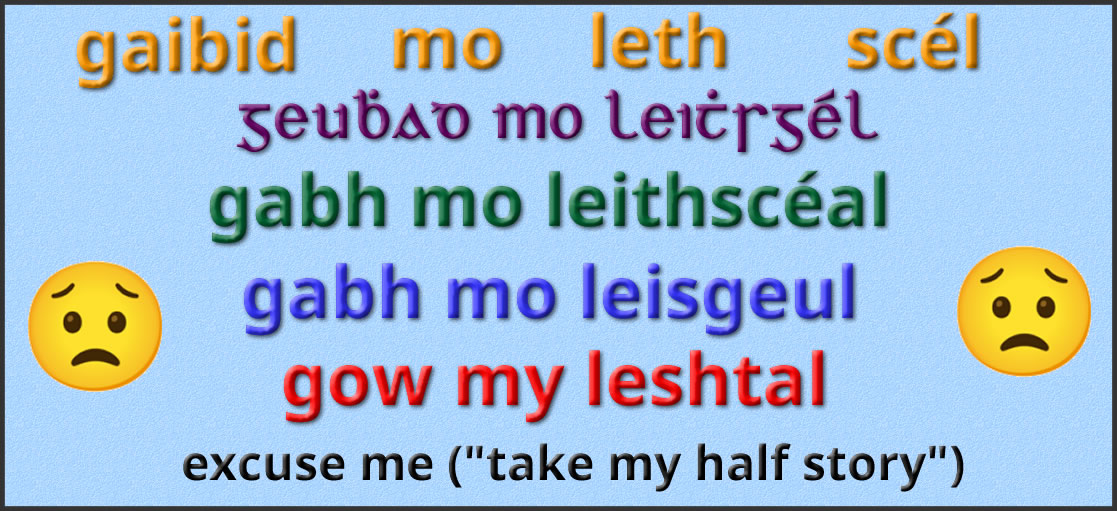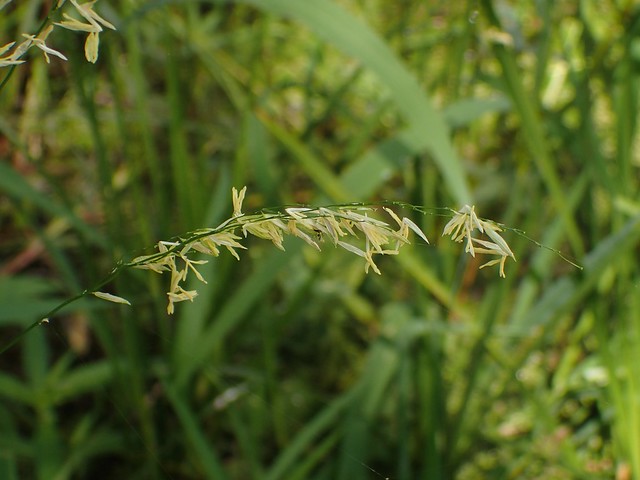An interesting French I learnt yesterday was hameçonnage, which means phishing or a phishing scam – that is “The malicious act of keeping a false website or sending a false e-mail with the intent of masquerading as a trustworthy entity in order to acquire sensitive information, such as usernames, passwords, and credit card details.” or “The act of circumventing security with an alias.” [source].
It comes from hameçonner (to attract and seduce by a deceptive appearance, to phish), from hameçon (fishhook), from the Old French ameçon, from the Latin hāmus (hook, barb), possibly from the Proto-Germanic *hamô (clothes, skirt, fishnet, harness, collar) [source].
The word hameçon also appears in the expression mordre à l’hameçon, which means to take the bait or rise to the bait, or literally “to bite the hook” [source].
Another word for a scam, swindle or fraud in French is escroquerie, and a phishing scam is escroquerie par hameçonnage [source].
Escroquerie comes from escroquer (to swindle, cheat, defraud), from the Italian scroccare (to scrounge, sponge, cadge, blag) from scrocco (scrounging, sponging), from the Old High German *scurgo, from scurgen (to knock over, push aside), from or related to the Proto-Germanic *skeran (to cut, shear), from the Proto-Indo-European *(s)ker- (to cut) [source].
The English word shear comes from the same roots, as does the French word déchirer (to tear, rip up) [source].









